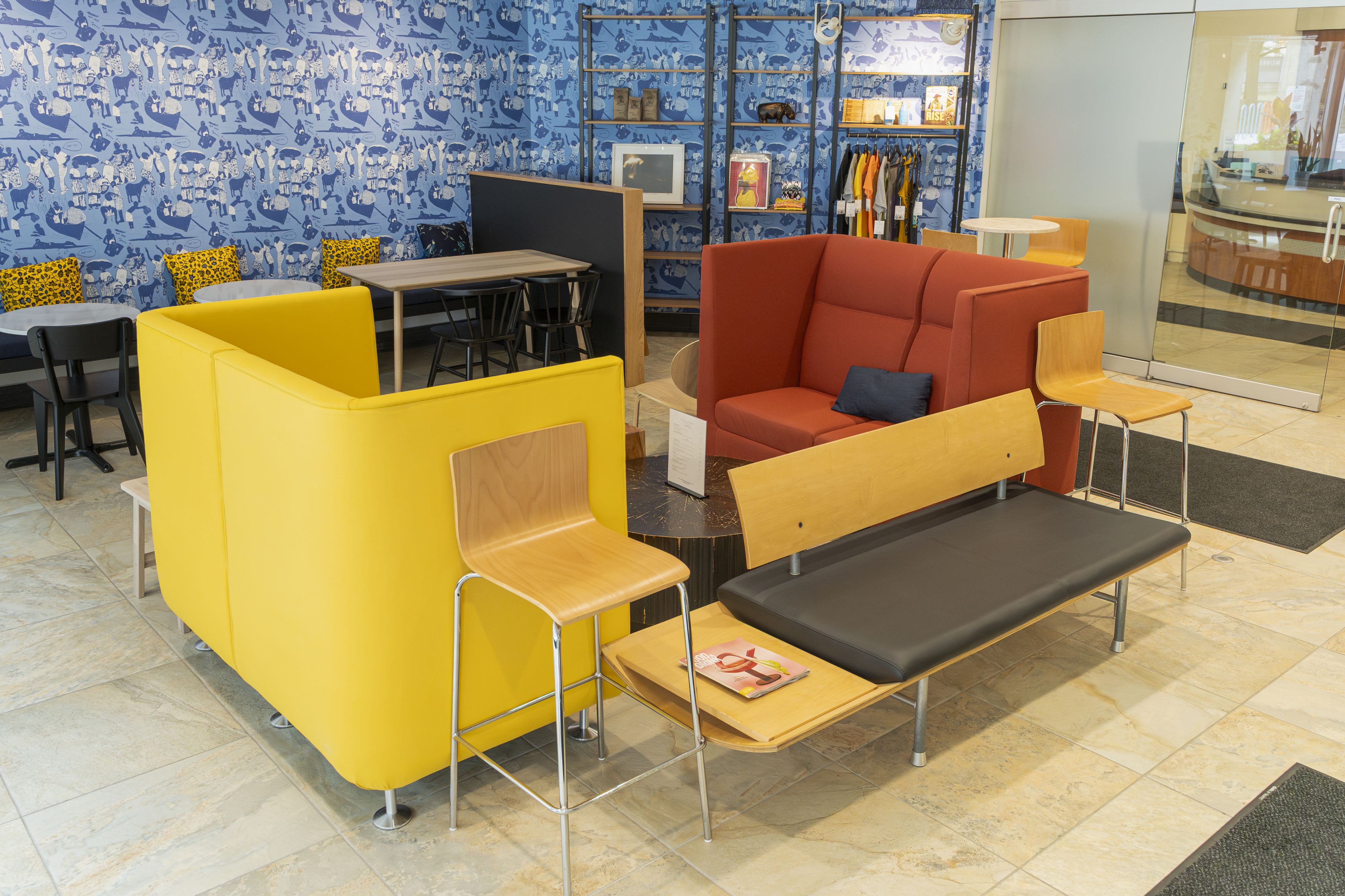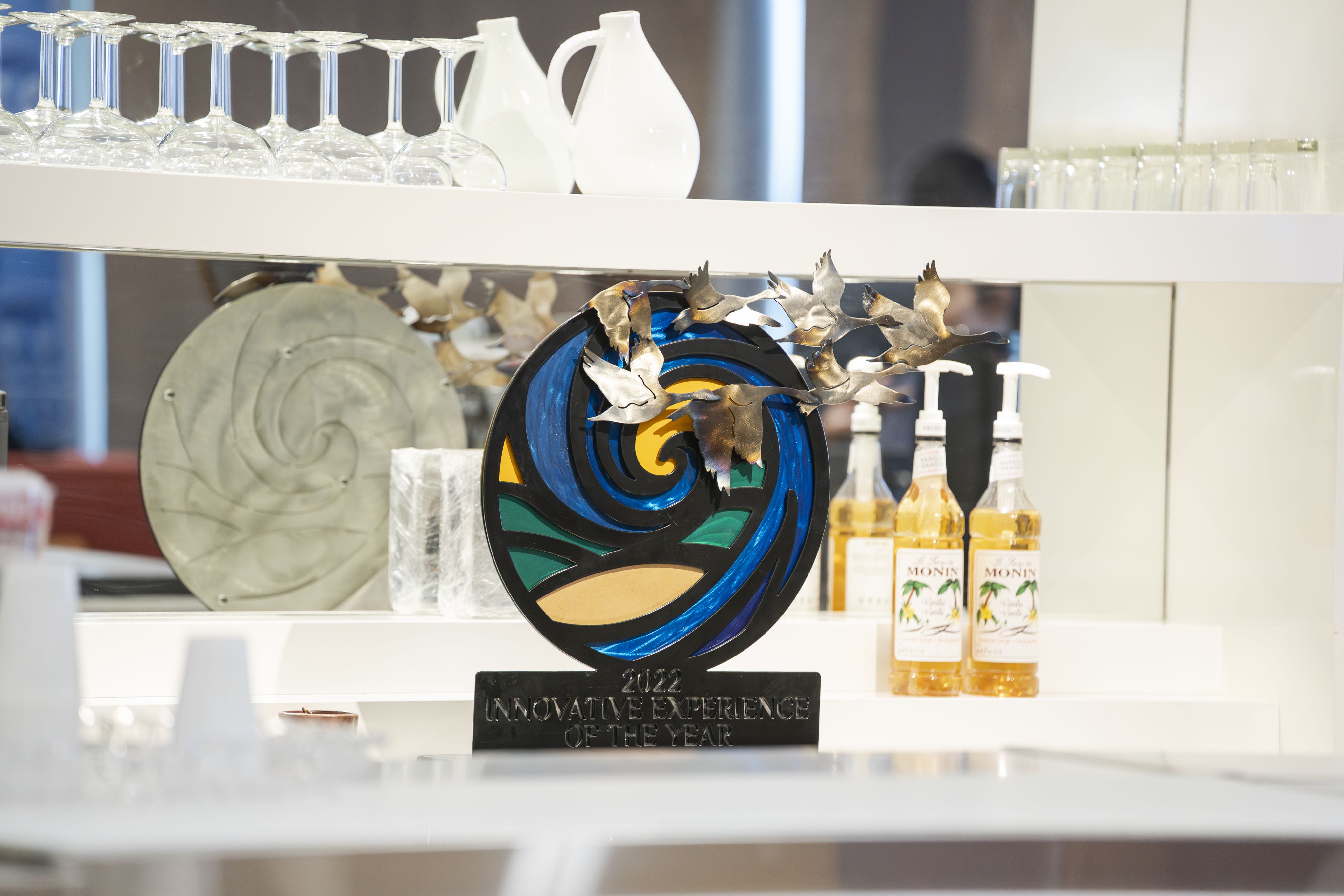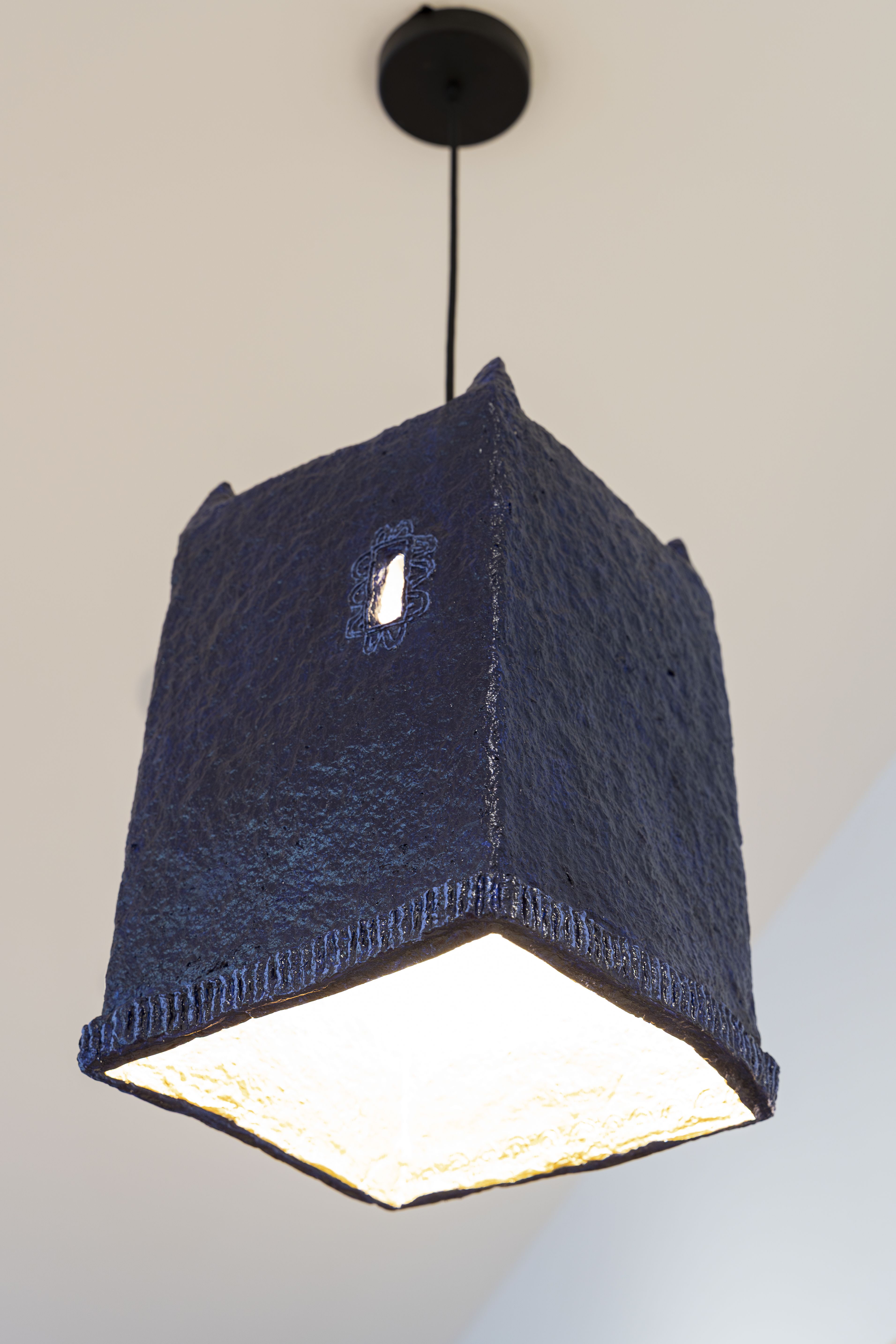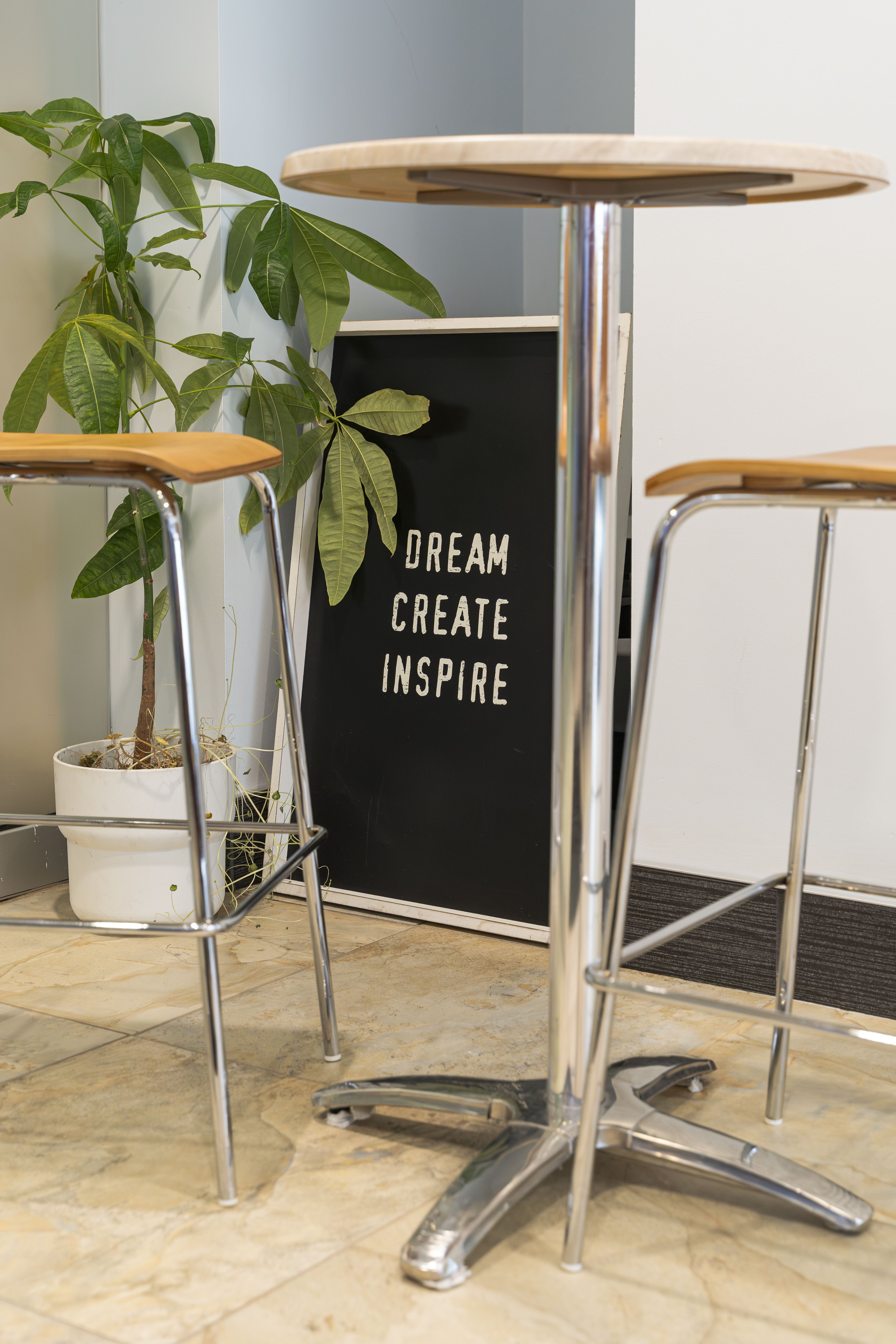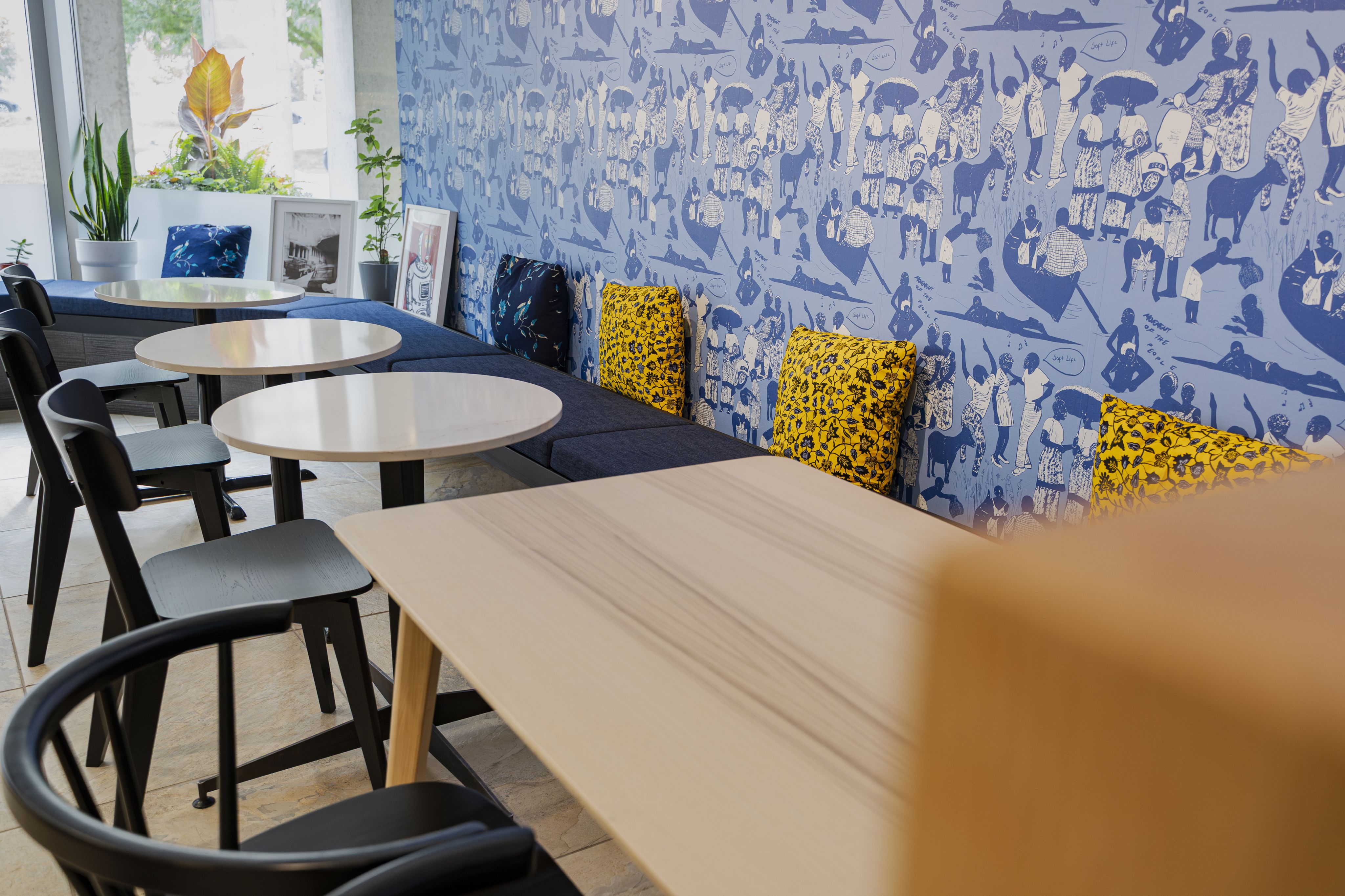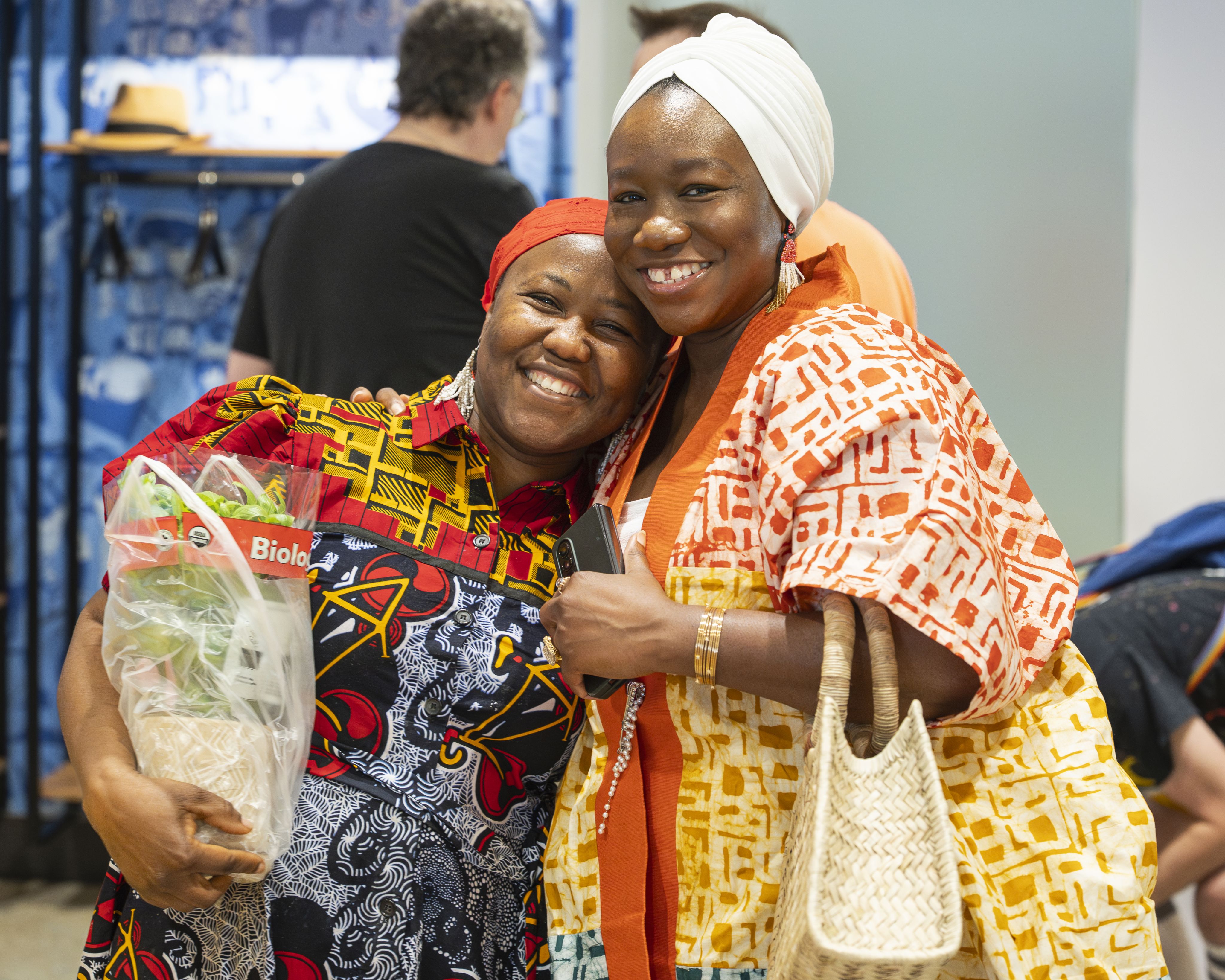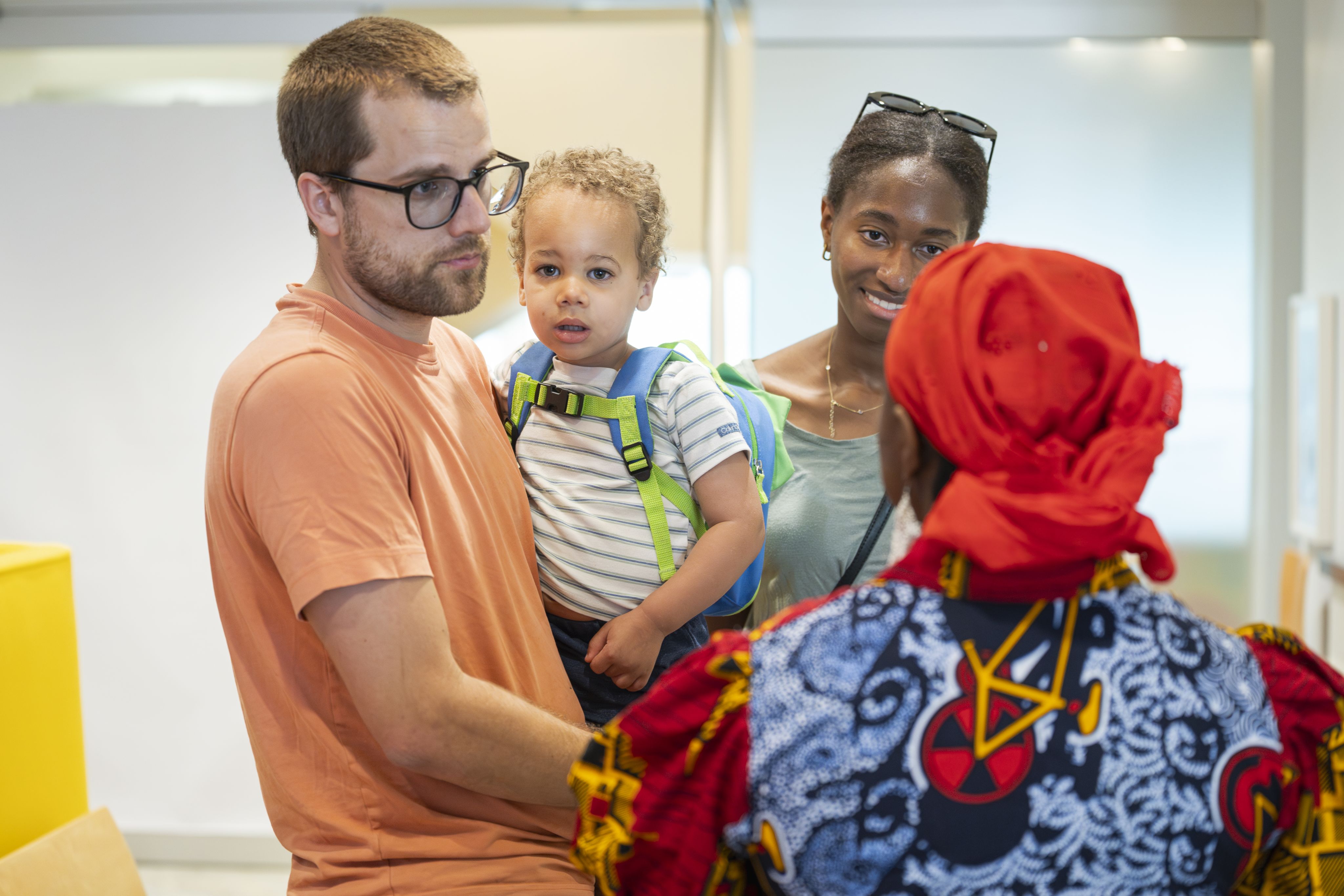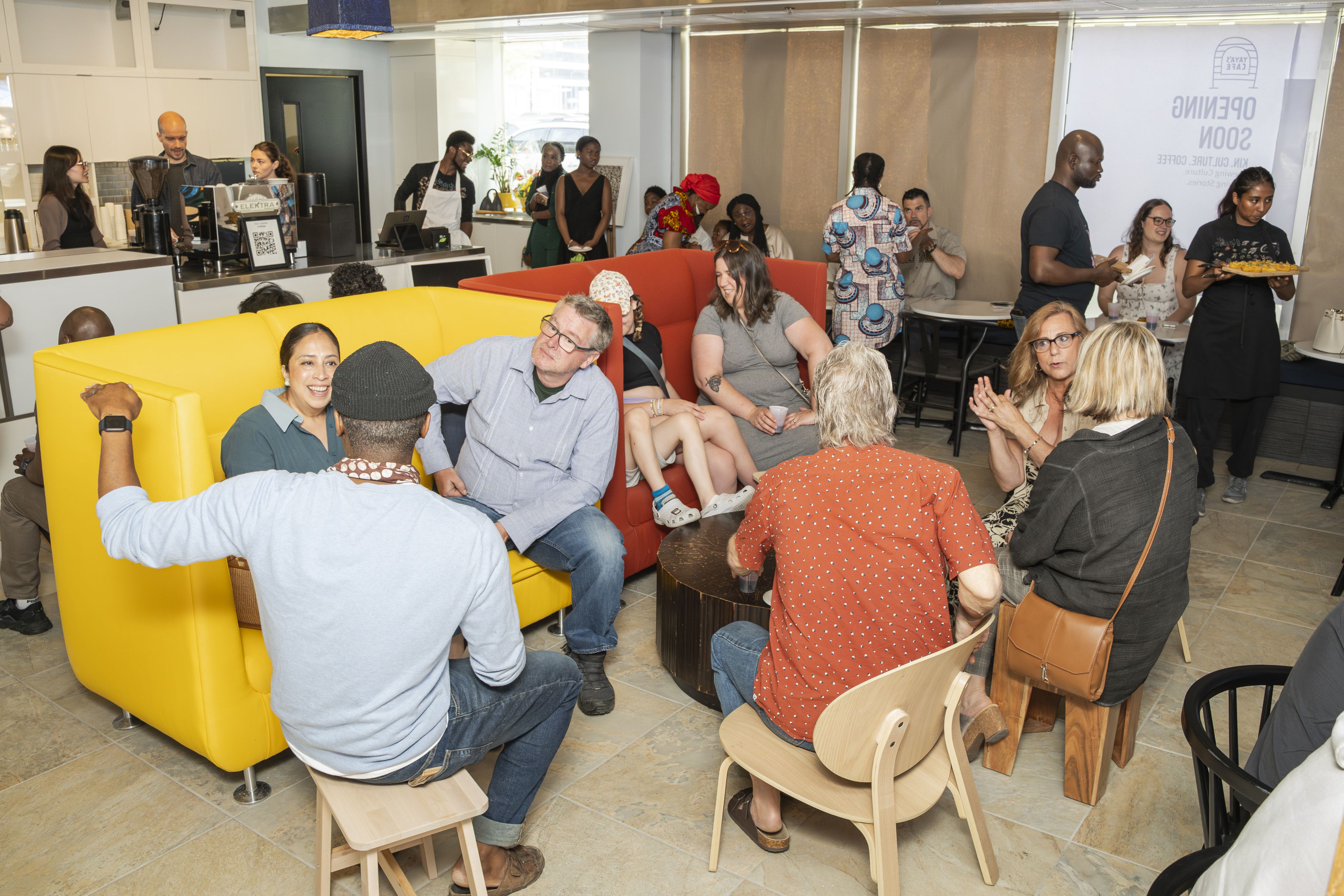Building Community Through Food
Yaya's Kitchen: A Community Story
Insights: 2025 Motivation & Transportation Survey
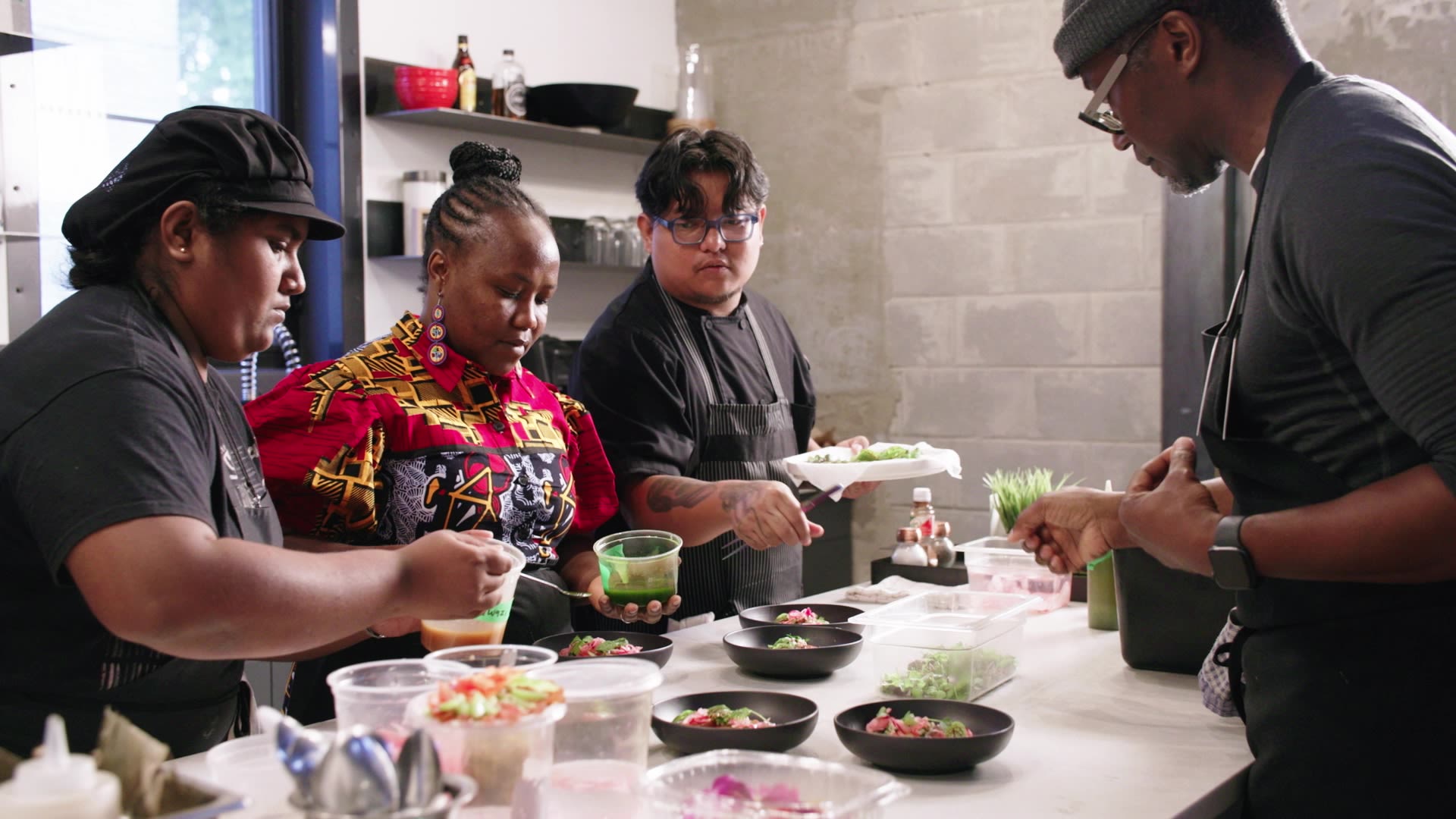
When Malvin Wright and his wife, Maryam, began inviting neighbours into their London backyard for dinner, they weren’t planning a restaurant.
The couple just wanted to get to know their new community.
“We started having people over in our backyard and inviting our neighbours,” Malvin says. “Then we started posting it on social media, and it just kind of took off.”
Those casual suppers became the foundation for Yaya’s Kitchen, an award-winning Afro-forward supper club that continues to bring people together over food and conversation.
After operating out of the London Food Incubator in Old East Village, Yaya's Kitchen recently relocated to Museum London and is now open to the public as a café and supper club. It is a move that allows more people to partake in Yaya's unique brand of food for community, all in a space that is accessible through public transportation for all visitors.
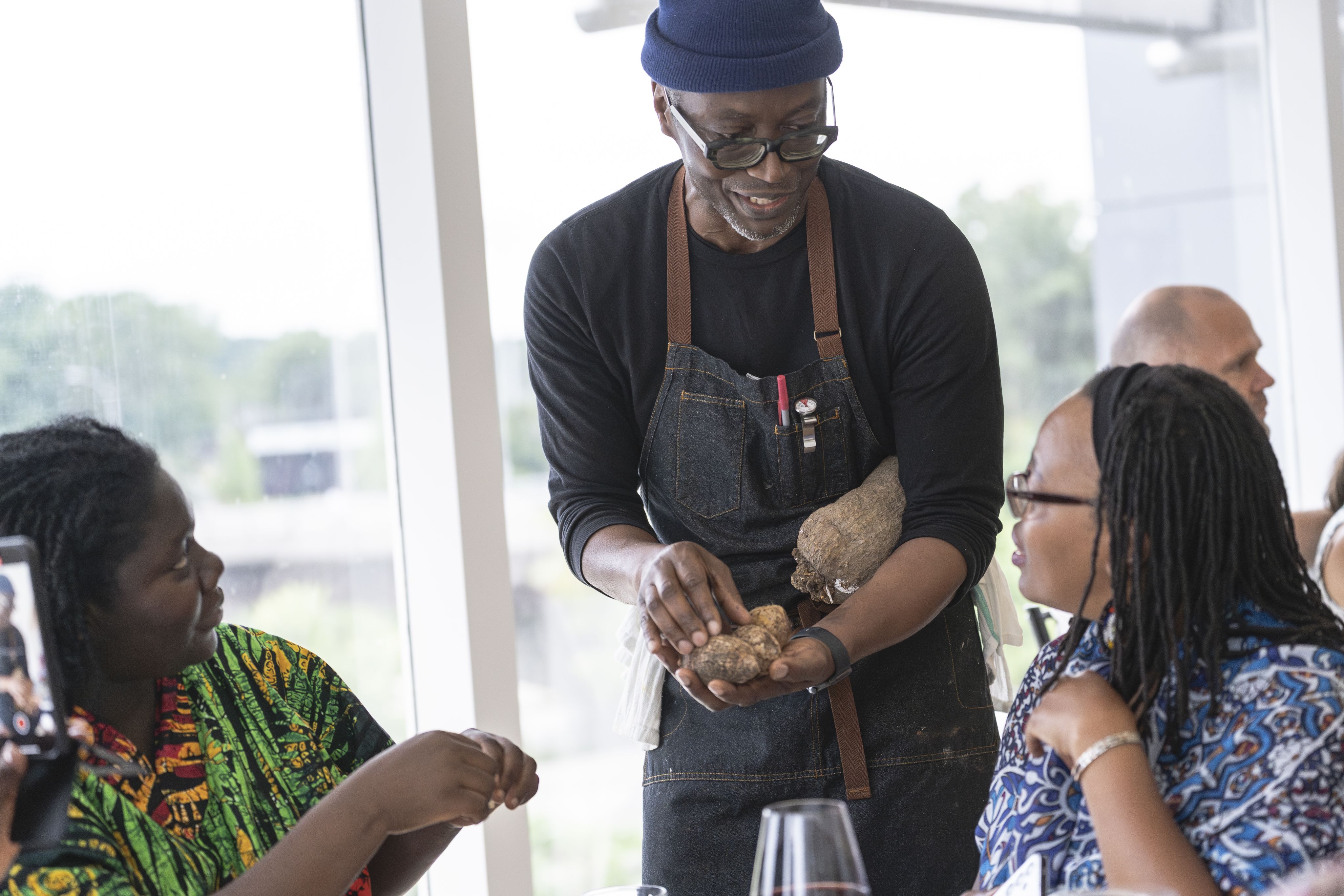
Born and raised in Toronto, Malvin trained as a chef and spent about ten years cooking in fine-dining restaurants.
“I just woke up one day and thought, I don’t want to do this anymore,” he says. “It can be a hard grind.”
He decided to return to school, studying international development at Trent University.
His degree took him overseas — first to Ghana, then across several African countries, working with organizations such as Oxfam, UNICEF, and Doctors Without Borders. He'd always find ways to try the local cuisine.
“Wherever the locals are eating, that’s where you should eat,” he says. “I’d ask the cab drivers, the bus drivers, the security staff — ‘Hey, where do you eat? Where do you go out? Or what’s your traditional food? And let’s have dinner. Let’s have lunch.’”
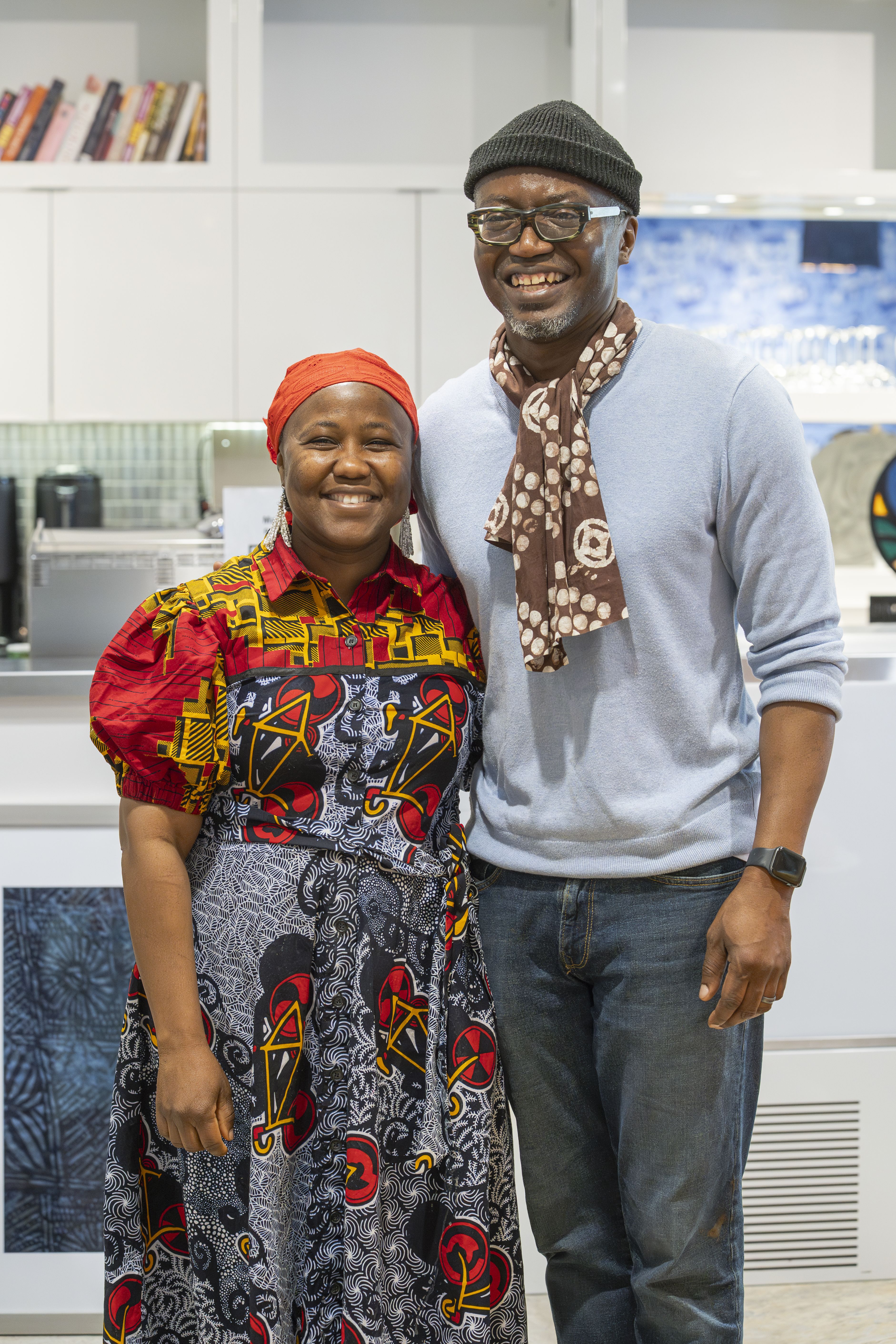
It was during that period that he met Maryam. The two got married and had two of their four children before deciding to move to Northern Canada.
Malvin continued his work in public health — this time in Nunavut. He'd often have to fly into remote communities.
“Every time I flew into a new community, the first thing I did was bake bread,” he says. Using the kitchens inside local health centres, he made simple loaves of flour, yeast, and sugar to share with whoever was nearby.
“It opened doors,” he says. “It broke down barriers. It changed our relationship because I wasn’t coming in looking for anything — it was just, hey, let’s break bread together.”
That approach extended beyond bread as he always tried to meet people where they are and learn from them.
“If people are sitting on the floor eating raw caribou off a piece of cardboard, cutting it with an ulu, you should be doing the same thing,” Malvin says. “Plain and simple. That’s community.”
After five years in the North, Malvin and Maryam moved their family south to Ontario. Maryam researched potential cities and chose London for its growth and balance. Once settled, the couple revived their old habit of cooking for others.
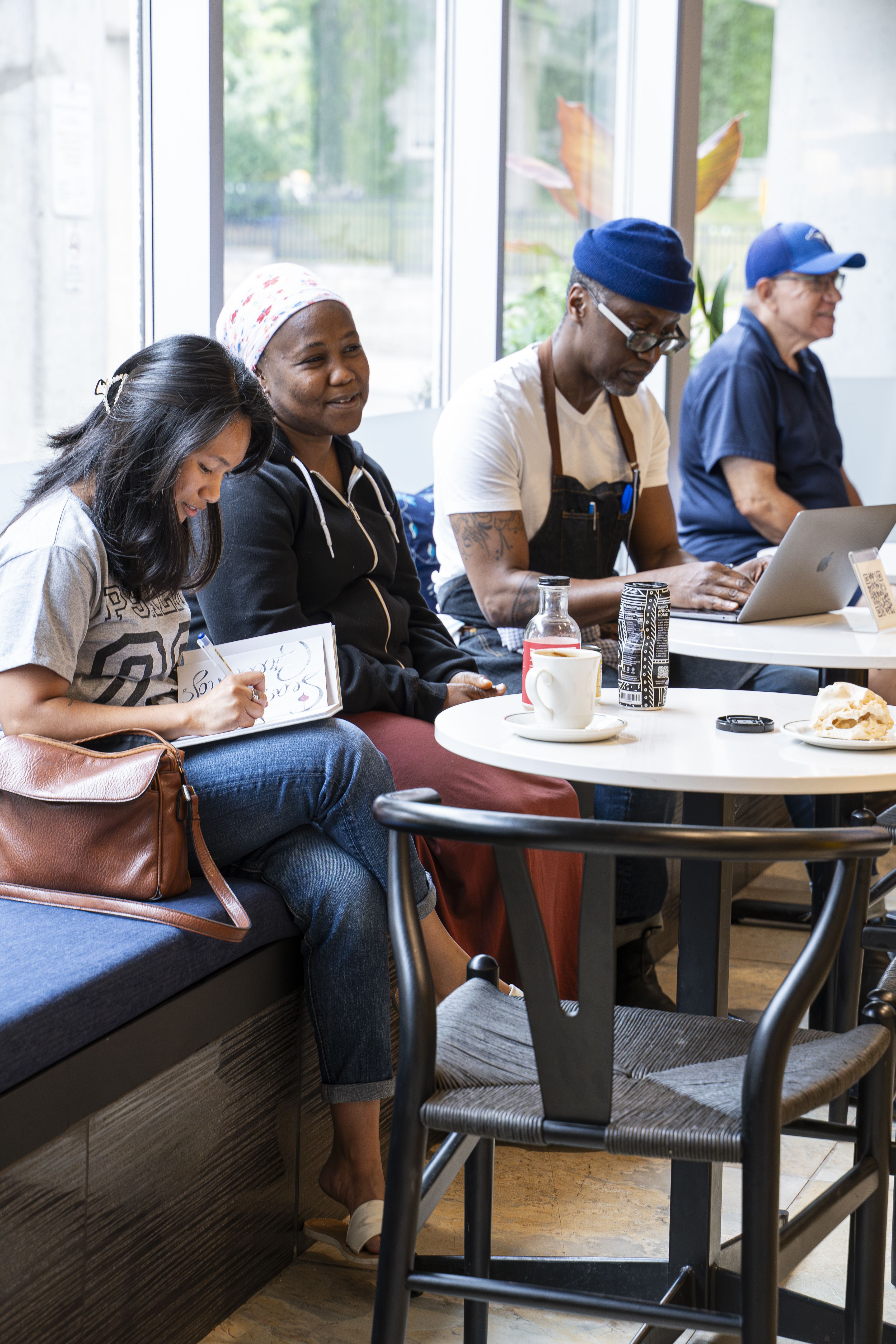
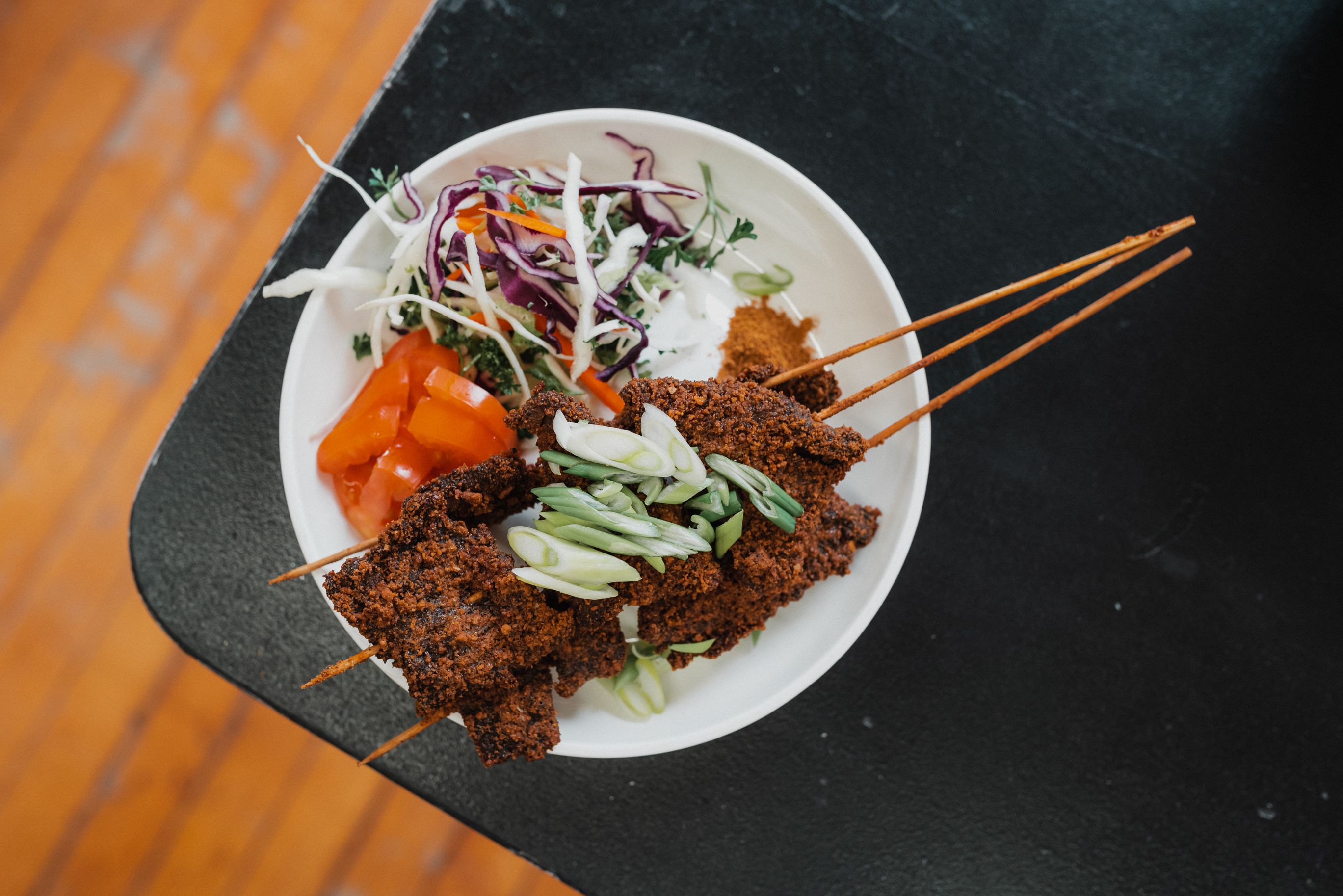
The food Malvin and Maryam serve is an amalgamation of different African and Caribbean cultures.
"We were doing things from West Africa, things from East Africa, things from the Caribbean, and we’re putting them all together," Malvin says. "There’s always an Ethiopian restaurant, there’s always a Caribbean restaurant, a Jamaican restaurant, and maybe a Trinidadian restaurant, and that’s it. We’re like, ‘No, let’s do other things — let me show some of the things that I’ve eaten in different countries and different places.’"
The emphasizes, he says, is on the 'global Black experience.'
"Everywhere we have been as a people, we have carried food with us from the African continent.”
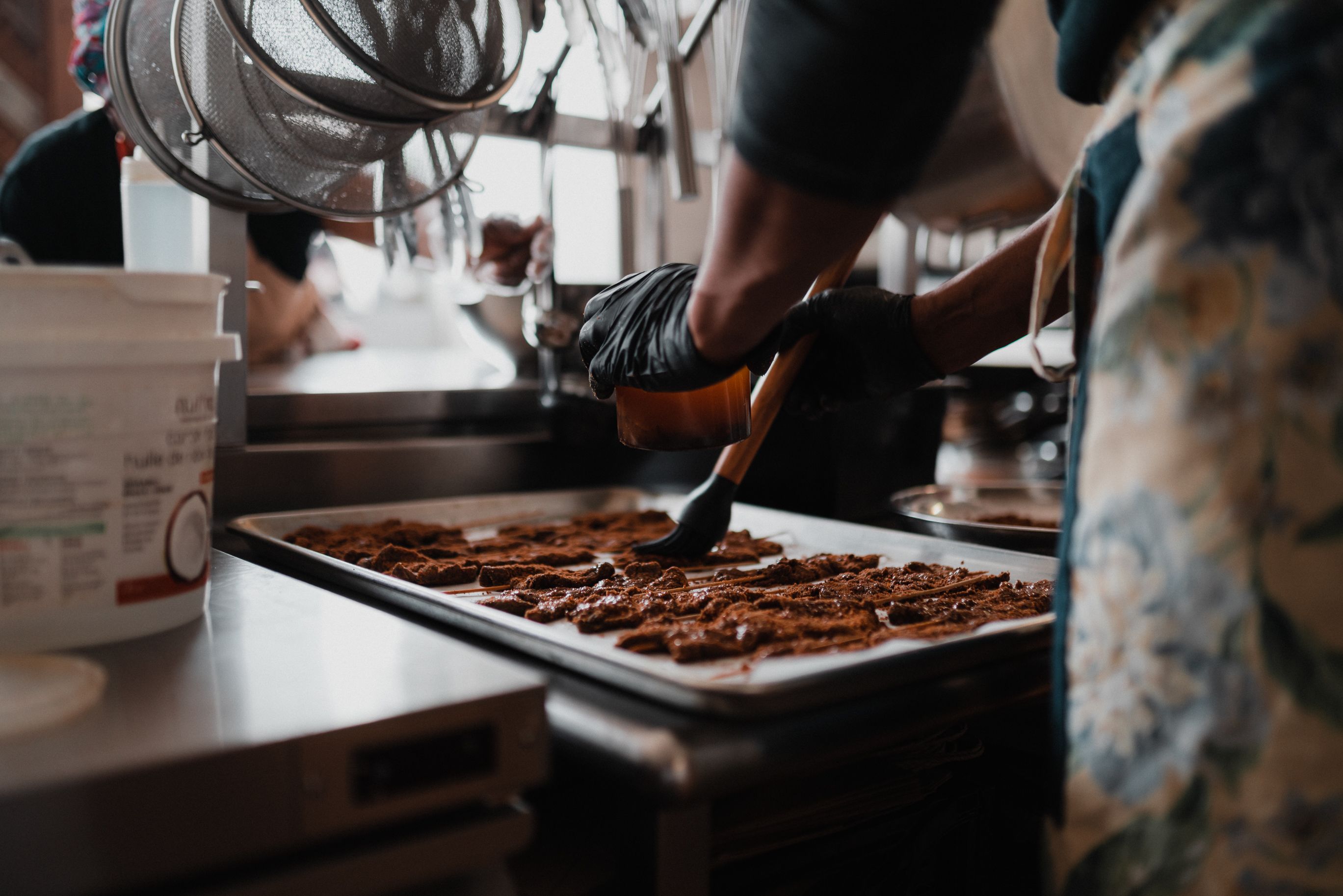
Storytelling threads through every course at Yaya’s Kitchen.
On Fridays, a five-course vegan dinner introduces grains like fonio — a 10,000-year-old West African staple cooked as easily as couscous or oatmeal. Saturdays stretch to seven, sometimes ten, courses, each plate paired with a short narrative: where the dish comes from, which cultures it anchors, how it shifts from region to region.
Diners learn where to buy ingredients — African and Caribbean grocers that might carry seven kinds of mango in season, cassava to mash like potatoes — and if they are interested, the couple sends them home with a cutting of the highly aromatic Caribbean thyme so they can grow their own.
"Now people send us photos of their thyme plants growing on their windowsills," Malvin says.
In a city of many cultures, Yaya’s reminds people that connection doesn’t have to be complicated; it can begin with something as simple as a shared plate and an open seat at the table.
"For us, we found food to be a really amazing tool to build community and to bring people together.”
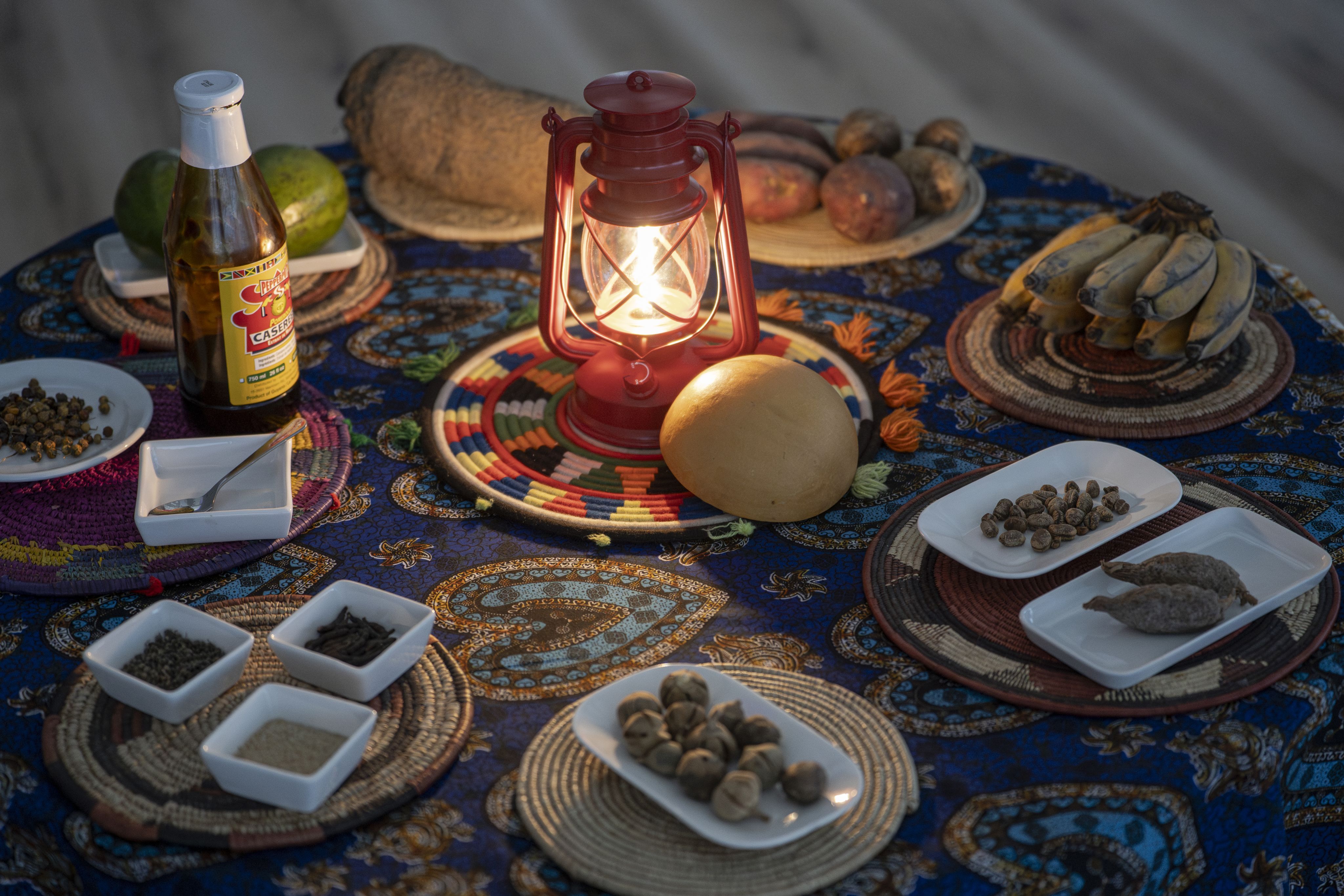
The Wrights’ approach to food echoes what the recent traveller survey* by Ontario's Southwest revealed: people are seeking more than just a meal or a getaway — they’re looking for genuine connection. When travellers sit down at Yaya’s Kitchen, they’re not just tasting new flavours; they’re engaging with stories, people, and place. It’s the same impulse driving a growing number of Canadians to seek experiences rooted in community — where breaking bread becomes a bridge to understanding.
*The visitor survey is a study conducted semi-annually by Ontario’s Southwest Tourism (OSW) among potential OSW travellers. The survey fielded online, in English, with the sample being sourced by a proprietary database, Visit Oxford County database, and through social media ads on Facebook and Instagram, the ads targeted a 3-hour drive radius in both Canada and US.
The fieldwork took place between June 23 through August 15 of 2025. Total sample size of n=2508 respondents. Sample distribution, Ontario n=2399, USA n=99, rest of Canada n=9, overseas n=1.
For more information about the survey, please reach out to:
Ana Baxter Manager of Research & Strategic Partnerships
Book a discovery call to learn more about how Team OSW can help you achieve your tourism goals or visit our site for more resources, research and industry support.



